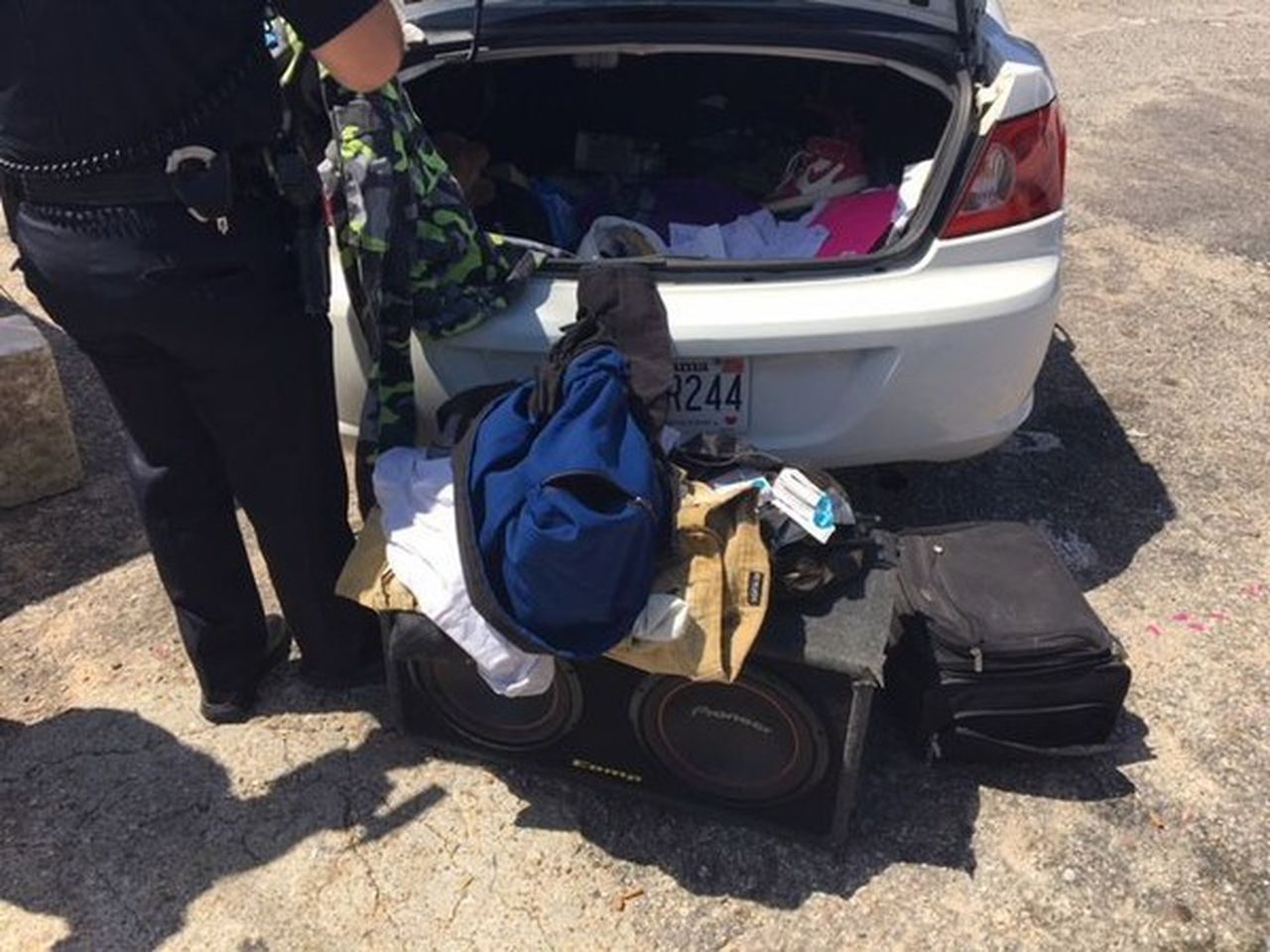U.S. Supreme Court signals it will side with Alabama in civil forfeiture case
The U.S. Supreme Court on Monday signaled it will side with Alabama against two women who sued the state claiming their due process rights were violated when police departments seized their vehicles.
Halima Tariffa Culley and Lena Sutton are arguing the state violated their constitutional rights by not requiring a probable cause hearing before their property could be taken.
Culley’s adult son was driving her 2015 Nissan Altima in 2019 when he was arrested in Satsuma, a town just north of Mobile, with a small amount of marijuana. He was sentenced to probation and community service, but police took his mom’s car, and kept it for 20 months. She was not charged.
Police in Leesburg, a small town near Gadsden, took Sutton’s car in 2018. Even though she wasn’t around the drug arrest of her roommate and she was not charged, either. Her car was taken for a year.
The women lost in both federal court and the Atlanta-based U.S. Court of Appeals for the 11th Circuit before taking their cases to the U.S. Supreme Court.
During arguments on Monday, some of the conservative justices on the U.S. Supreme Court signaled that Alabama not mandating a probable cause hearing is not unconstitutional, pointing out there were legal maneuvers Culley and Sutton had access to to prevent the lengthy time without their vehicles, Reuters reported Monday.
“If you had filed a motion for summary judgment a week after the property had been taken, or the process had begun – forfeiture proceedings began – would you be here?” Justice Clarence Thomas asked one of the plaintiffs’ lawyers, the wire service reported.
Justice Sonia Sotomayor, a member of the court’s liberal wing, argued that Culley and Sutton were victims of “abuses of the forfeiture system,” according to Reuters.
“It’s been documented throughout the country repeatedly of the incentives that police are given to seize property to keep its value,” Sotomayor said, the outlet reported. “We also know that that incentive has often led to months, if not years, of retention of property.”
Chief Justice John Roberts, according to Reuters, asked if making probable cause hearings mandatory risks comprising a judge’s final determination whether an owner’s property should be returned or forfeited due to its link to crime, pointing to “such basic things as preservation of the property itself.”
